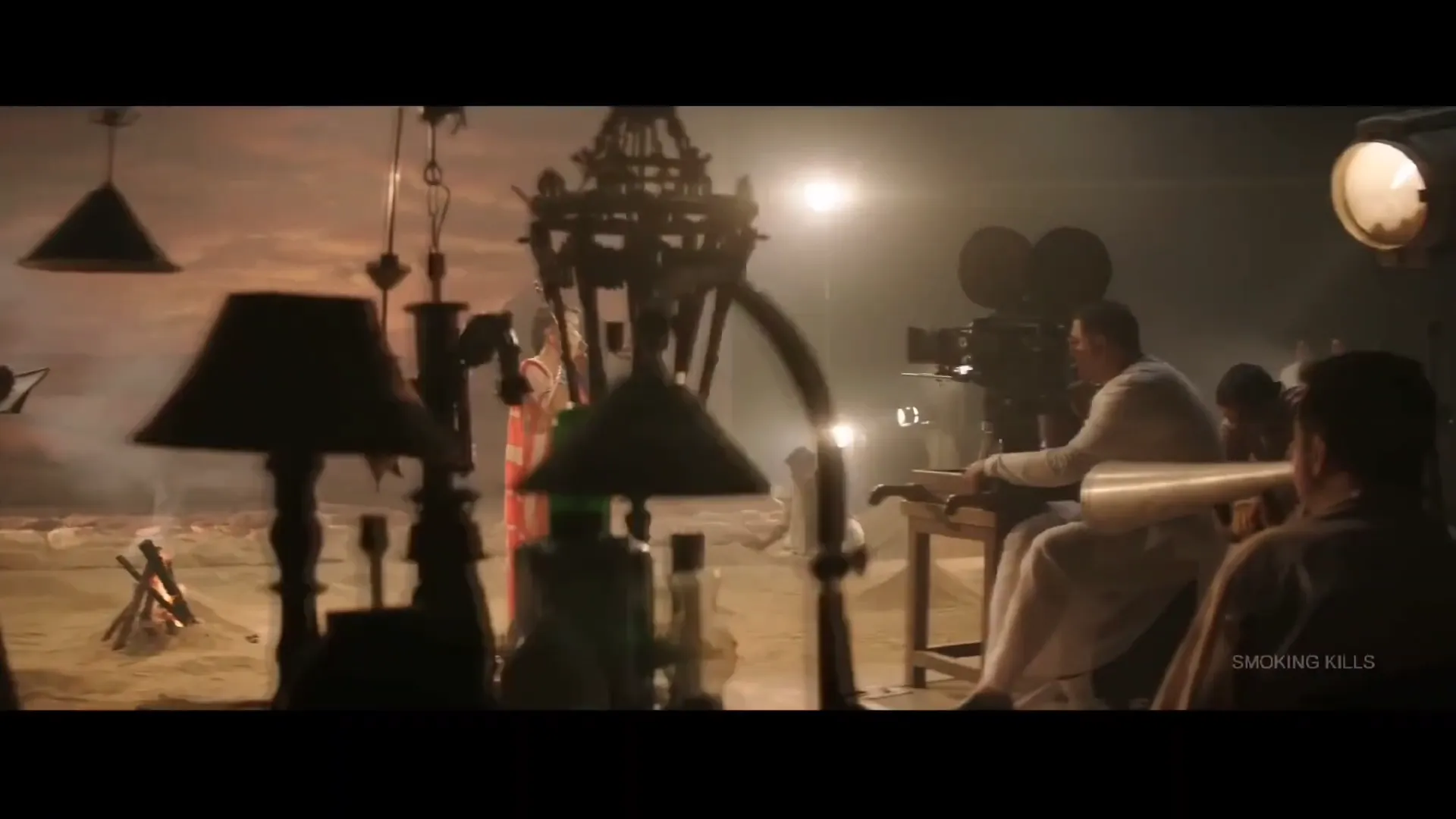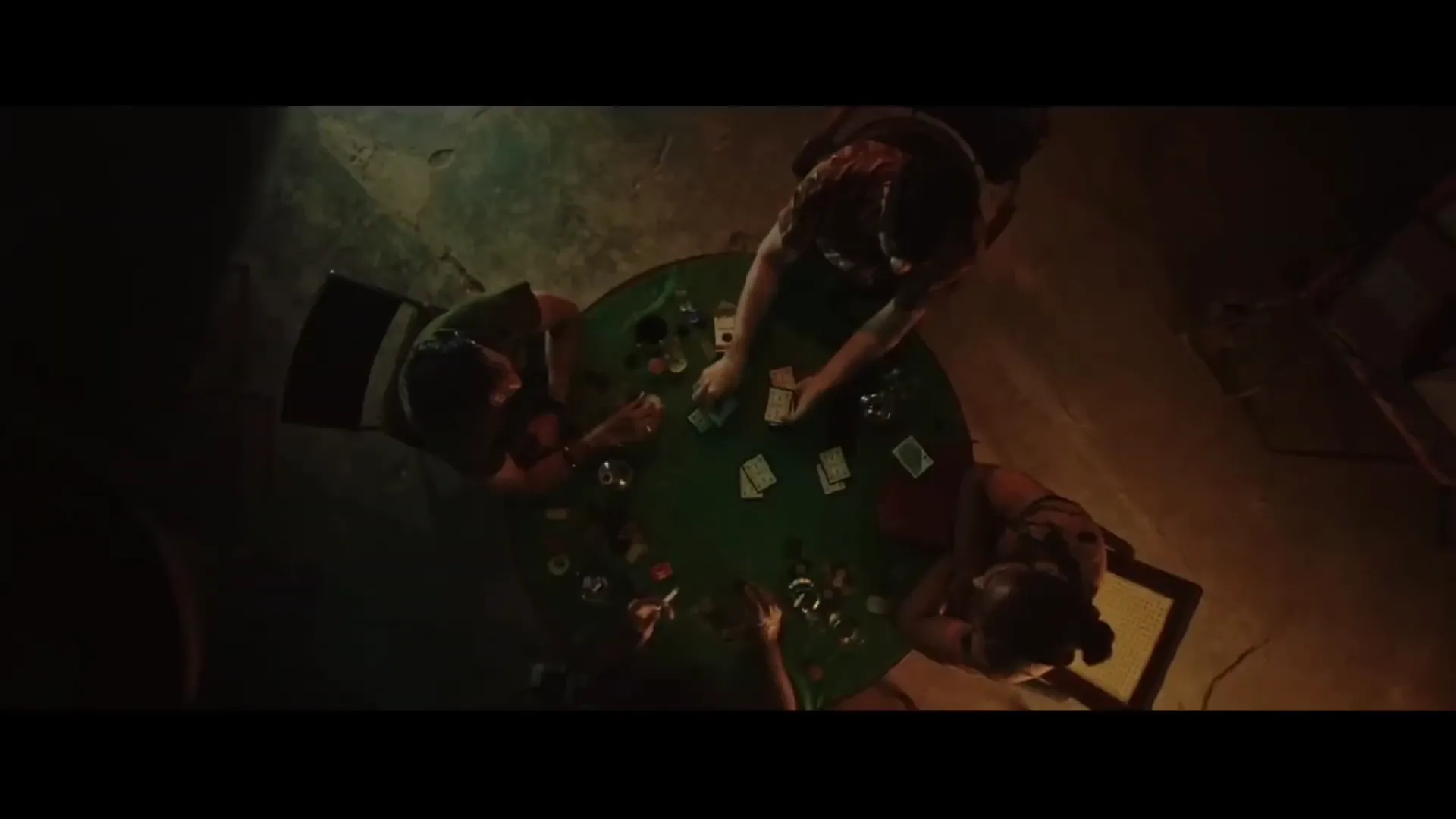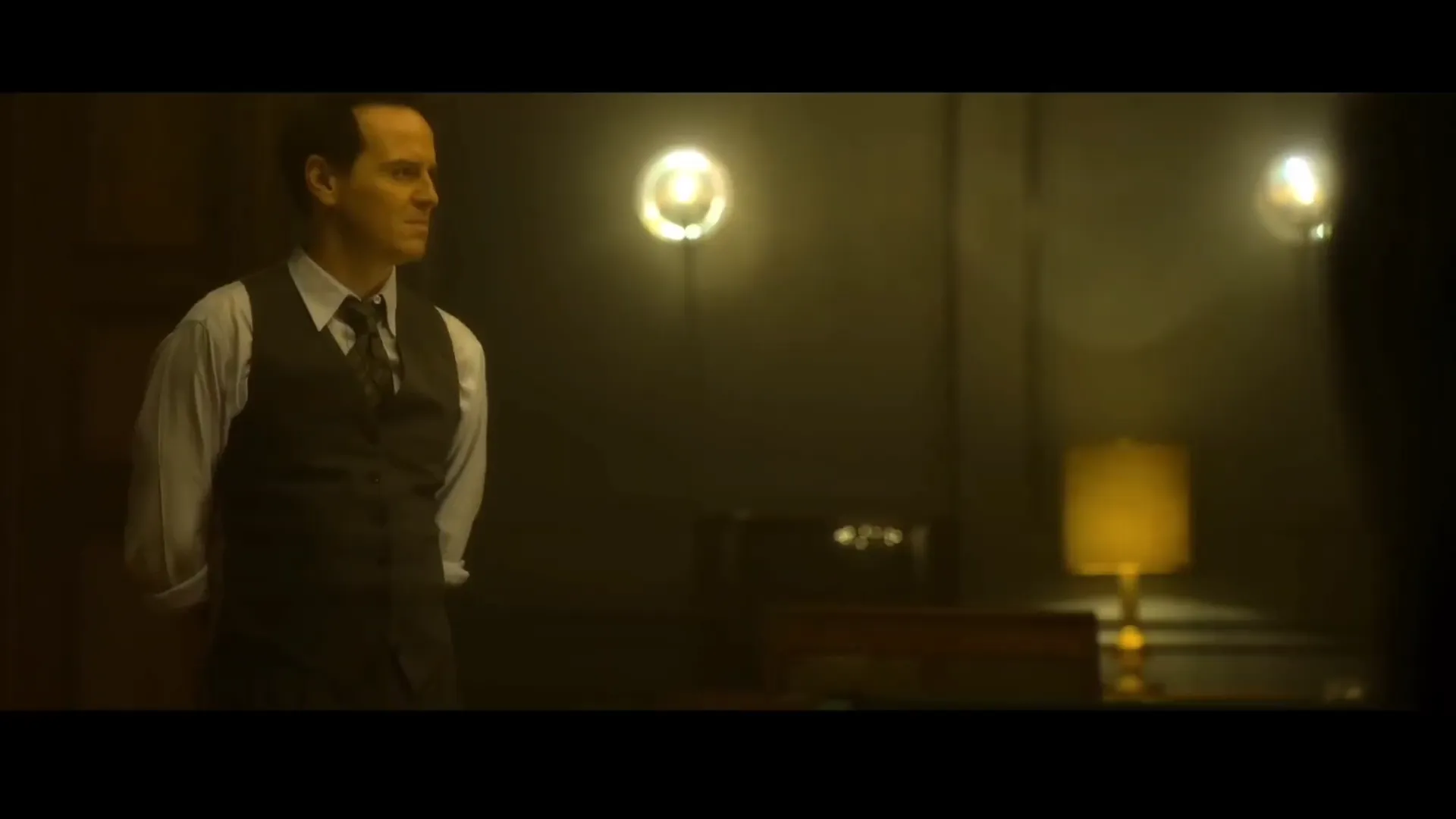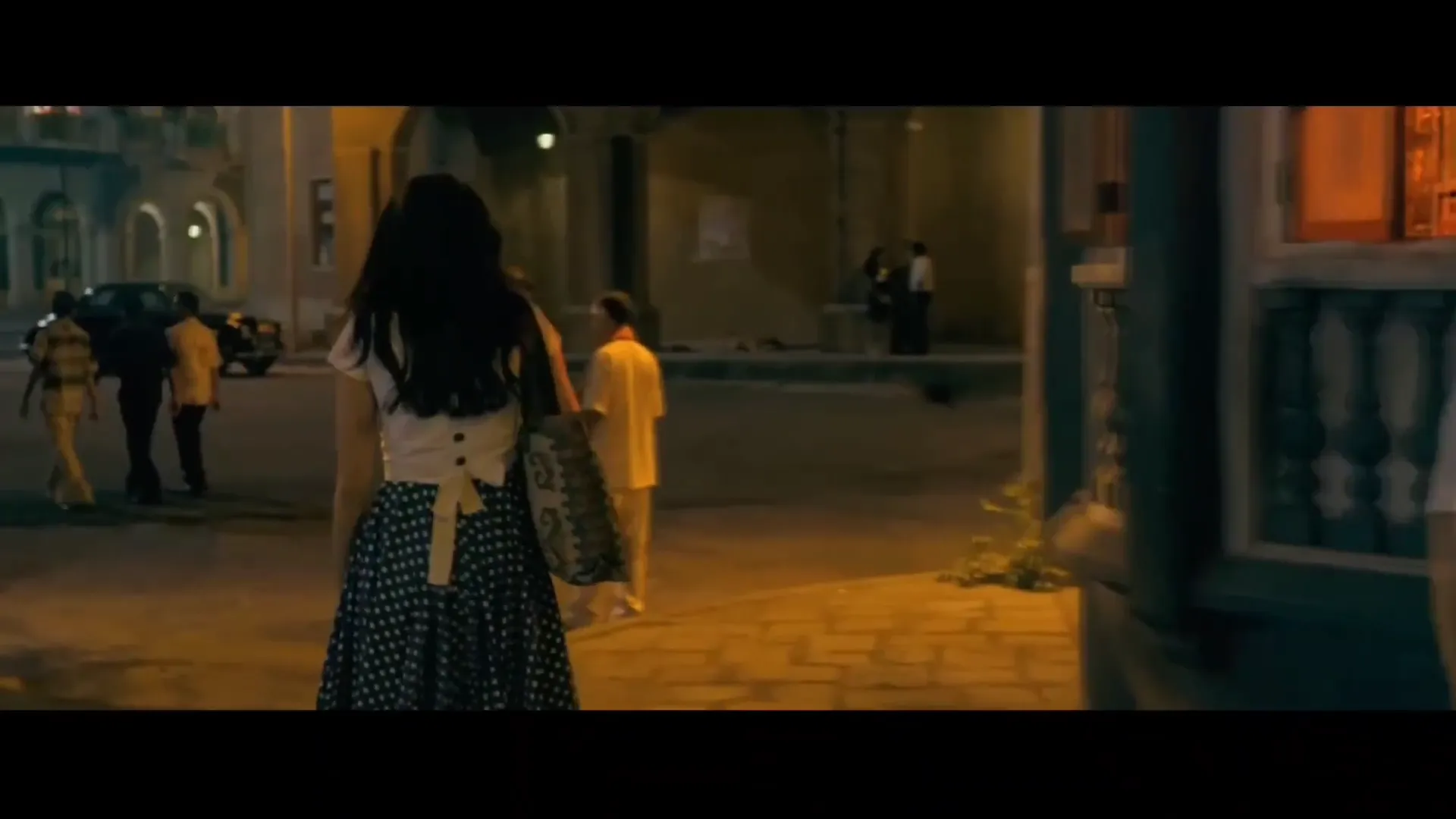Lorenz Hart dwells in a realm between genius and sorrow. His clever wordplay masks deeper emotions, acting as both defense and constraint. A profound melancholy lurks beneath his surface—a man consumed by personal demons, entrapped by alcohol and self-destruction. His resentment towards Oklahoma! stems from a deep sense of being left behind.
Ethan Hawke portrays this complexity with nuanced skill, his interpretation revealing Hart’s internal turmoil. The subtle curve of his shoulders, the quiet tension in his expression, communicates years of emotional struggle and unfulfilled dreams. He shifts between sardonic humor and deep sadness, revealing a talented individual crushed by isolation.
Hart’s personal connections, particularly with Elizabeth Weiland and Eddie, reveal the broken landscape of his emotional world—dreams of intimacy forever lingering just beyond his grasp.
The Cage of Memory: Sardi’s as a Stage for Solitude
Sardi’s serves as the film’s singular location, transforming into a metaphorical prison for Hart’s solitude. The restaurant—dark wood, red leather, constant background noise—mirrors his internal world: cramped, chaotic, filled with spectral memories.
Hart exists as a peripheral figure, disconnected from genuine human warmth, trapped within the walls of his own psychological prison. Within this shadowy space, he drifts—partially present, partially absent—his longing for connection suffocated by overwhelming self-doubt.
Visual storytelling amplifies this emotional terrain, exploring the restaurant’s tight spaces to create a sense of unrelenting confinement. Cinematography tracks Hart’s face through dim shadows, seemingly dissecting his fractured emotional landscape. Intimate framing creates an almost suffocating atmosphere, suggesting the environment itself crushes his spirit.
Oklahoma! emerges as a stark counterpoint—a vibrant, unrestrained celebration of hope. The stark difference between the musical’s public triumph and Sardi’s intimate desolation underscores Hart’s complete emotional detachment, with past achievements fading into irrelevance against others’ success.
Words as Armor: The Lingering Ache Behind the Laughs
In Blue Moon, the script emerges as both shield and cage for Lorenz Hart. His monologues—a rapid cascade of sarcasm, cynicism, and harsh humor—create armor against his deepest vulnerabilities. Each line drips with irony, deflecting a world that demands without giving.
The film pulses through these exchanges. Hart’s humor, razor-edged and cutting, carries the weight of profound isolation. His verbal barbs become a distraction, a screen that cannot shield him from internal devastation. Through these explosive moments, we glimpse a man beneath the lyrical brilliance—consumed by terror, hiding fragile wounds.
Emotional revelations tear through Hart’s protective veneer. Dialogue transforms from acidic defense to raw exposure, particularly in quieter interactions. Hart’s true self emerges—not through verbal gymnastics, but in moments of wordless anguish.
Fleeting silences, pregnant with resigned yearning, reveal a soul whose linguistic mastery has become a trap. The script captures a cultural moment where emotional truth hid behind humor and performative strength, with Hart’s words echoing the unspoken pain of his generation.
The Paradox of Creation: Art, Love, and the Self
Blue Moon explores the internal conflict between artistic excellence and crushing self-doubt. Lorenz Hart embodies the wounded creator—a lyricist whose words pulse with longing and heartbreak, revealing an unresolvable inner chaos.
His anger toward Oklahoma! stems from deeper wounds: resentment of a cultural demand for cheerful, simple art. Hart wrestles with his own genius, despising his commercial success as shallow and intellectually barren. He craves recognition beyond popular melodies, desperate to transcend the legacy of “Blue Moon.” The film exposes an artist trapped by his own creations.
Love emerges as another landscape of Hart’s suffering—an obsessive, impossible desire that haunts him like a ghostly reflection. His fixation on Elizabeth represents a desperate attempt to reconstruct his life’s narrative. Through her, he seeks redemption, a chance to reclaim lost youth and beauty.
Yet his true self—a gay man fading from cultural relevance—cuts through these fantasies. Hart’s struggle to define himself mirrors his battle with a fractured identity, where emotional longings and artistic impulses merge into a complex, unresolvable terrain. Between imagination and harsh reality, Hart drifts—a soul disconnected from both personal and professional moorings.
The Echo of a Broken Harmony: Rodgers and Hart’s Fractured Partnership
The separation between Lorenz Hart and Richard Rodgers transcends professional boundaries—a silent, relentless disintegration of a creative bond that once defined their shared artistry. Blue Moon explores this breakdown, revealing the unspoken pain threading through their interactions.
Their former collaborative magic now feels like a ghostly echo of past connection. Sardi’s interior becomes a symbol of their collapse: an intimate space where conversations shatter, laden with unsaid emotions and the crushing awareness that their shared history cannot be restored.
Their dialogue weaves a complex pattern of respect and quiet bitterness. Rodgers’ work with Oscar Hammerstein intensifies this emotional fracture. The emerging partnership—more acclaimed and visible—casts a stark shadow over Hart’s diminishing presence, magnifying his sense of abandonment.
Rodgers’ subtle attempts to reconnect reveal a deeper pain. He withholds the words Hart desperately craves, yet an emotional current pulses beneath their interactions. Their relationship exists in a fragile space where admiration and hurt intertwine, where time, artistic triumph, and betrayal blur the boundaries between genuine connection and profound loss.
The Passage of Time: Linklater’s Art of Cinematic Intimacy
Richard Linklater’s direction in Blue Moon explores emotional restraint, creating an intimate story that breathes within the restaurant’s walls and between characters’ unspoken tensions. His choice to unfold the narrative in real-time transforms potential narrative constraints into a deep meditation on time’s erosion of human connections.
Each moment weighs heavy with silent histories, each pause filled with past wounds and shattered expectations. Linklater tracks Hart’s evening with exceptional sensitivity, inviting viewers to experience his emotional landscape with raw intimacy.
Visual storytelling embraces minimalist techniques, with camera movements carefully choreographed around Sardi’s interior. The framing suggests a voyeuristic glimpse into Hart’s world—viewers become silent witnesses trapped alongside him.
Cinematography shifts through tight restaurant spaces, creating a visual rhythm that echoes Hart’s internal chaos. Spatial limitations never feel restrictive. Instead, the scene pulses with underlying anxiety, each moment unfolding like a delicate dissection of a life once vibrant, now consumed by disappointment and melancholy.
The Echo of Melody: Music as a Silent Witness
Blue Moon transforms Rodgers and Hart’s music into a living emotional landscape. The song “Blue Moon” emerges as a ghostly echo, its melancholic tones reflecting Hart’s internal turmoil.
This melody haunts Hart—a painful reminder of his artistic legacy and personal disintegration. The music resonates with his fractured existence, suspended between creative glory and personal destruction.
Musical phrases thread through the narrative, creating silent commentary on Hart’s emotional journey. Each musical moment becomes a character, revealing unspoken depths of pain and memory.
The sounds drift through scenes, whispering Hart’s hidden struggles—highlighting the chasm between his past brilliance and current despair. Melodies act as spectral witnesses, tracing the contours of a soul caught between triumph and collapse.
The Review
Blue Moon
Blue Moon is a poignant, introspective meditation on artistic legacy, unrequited love, and the passage of time. Richard Linklater’s delicate direction and Ethan Hawke’s transformative performance breathe life into a complex character study, one that feels as suffocating as it does deeply human. The interplay of wit and sorrow, music and silence, invites a reflection on the quiet devastation of personal and professional decline. It is a film that lingers long after its final note, both in its beauty and its sadness.
PROS
- Ethan Hawke’s nuanced and transformative performance as Lorenz Hart.
- Richly atmospheric setting that mirrors the protagonist’s inner turmoil.
- Intimate, real-time narrative that heightens emotional tension.
- Sharp, witty dialogue that captures Hart's complexity.
CONS
- The static setting may feel limiting to some viewers.
- The pacing can feel slow in the middle, as the story remains confined to a single location.





















































